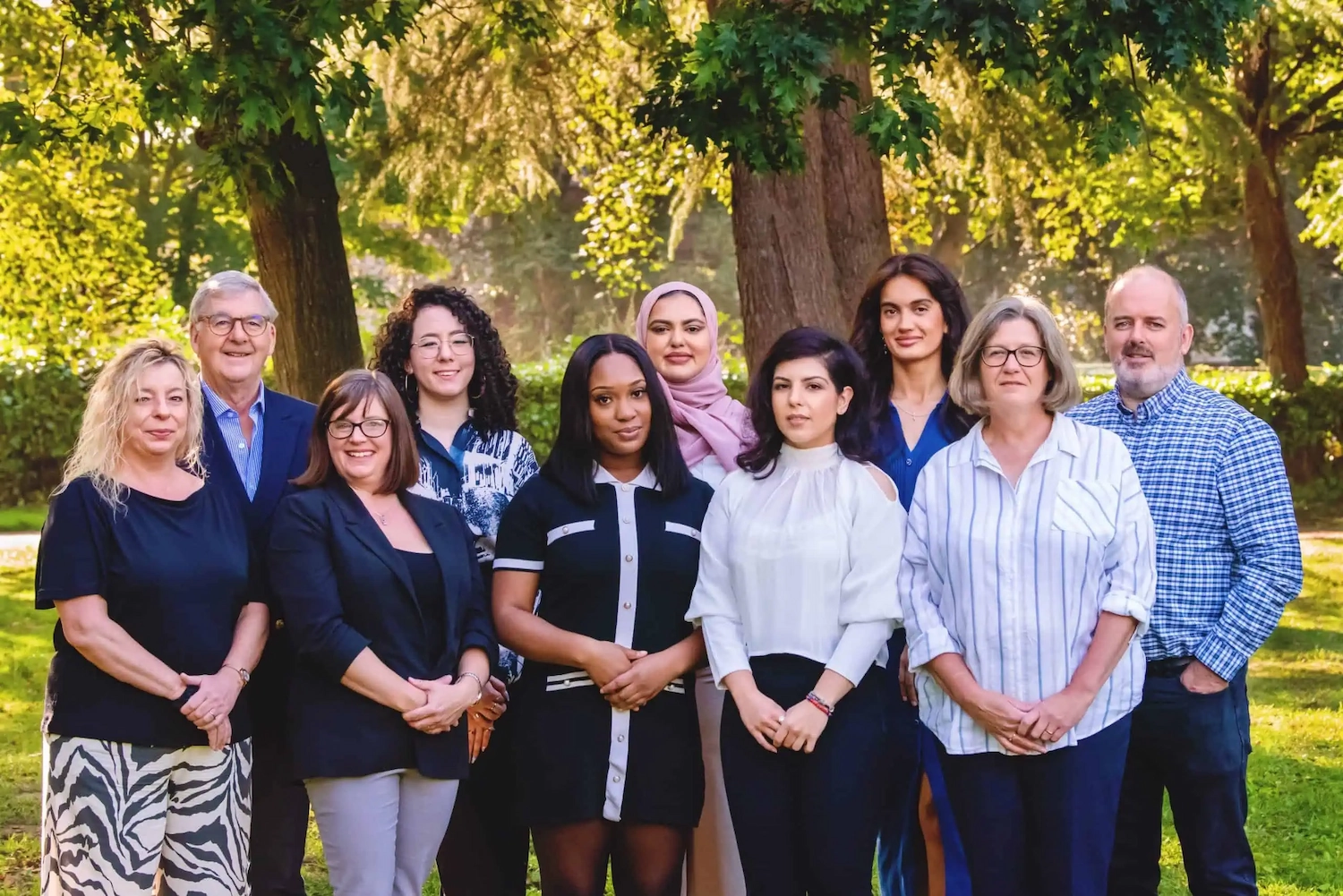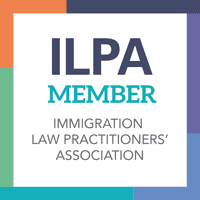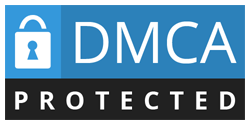
Immigration News, News, Visas
New Year Updates: Net Migration Reduction Policy
The main new detail for employers to note is that occupation-related going rates of pay will be increased alongside the general salary thresholds.
There will be transitional arrangements for Skilled Workers, however users of the system will be required to pay more in salaries and other immigration-related costs throughout the period of sponsorship.
Senior carers and carers will be prohibited from bringing dependants from the new year, and the increased minimum income requirement under the five-year Partner route will be raised initially to £29,000 instead of £38,700.
The further details were released as a pre-Christmas factsheet, to provide greater certainty to potentially affected individuals who are already in the UK. A more detailed policy statement is due in January 2024.
It is not clear when the Immigration Rules implementing the prohibition on senior carers and carer dependants will be published, but they are intended to be ‘introduced as soon as possible in the new year.’
A Skilled Worker visa rising by almost 50 per cent from the current level of £26,200 to £38,700 next spring while the Shortage Occupation List 20% discount on the "going rate" for sponsored staff in recognised shortage jobs will end.
Skilled Worker salary threshold raised to £38,700.
In a major change for the UK’s most popular work immigration route, the minimum salary to sponsor an employee on a Skilled Worker visa is set to rise by almost 50 per cent from the current level of £26,200 to £38,700 next spring. Health and Care visas will be exempt, as will other professions on a national pay scale, for example, teachers.
The Home Secretary James Cleverly insisted that £38,700 is "the median full-term wage for those kinds of jobs" although clearly for some sectors, especially in regions of Britain with lower wage rates than the capital, this will be a significant jump in salary for many roles that employers will need to sponsor workers in.
The changes will be implemented in April 2024.
Skilled Workers already on this immigration route will be able to extend, change sponsoring employer and settle without needing to meet the new £38,700 minimum salary threshold requirement. However, the Home Office has said that they expect “pay to progress at the same rate as resident workers” so they would “need to meet the updated 25th percentiles using the latest pay data” when they make their next applications. In other words, they will need to continue to meet the going rate for their role that is in force when they make their next application.
The UK Government announcement making the most headlines is the unexpected announcement that it intends to almost double the minimum income requirement for British and settled people to bring a dependent partner to the UK on a family visa from £18,600 to £38,700. Applicants have always had to show that they have the means to support themselves (including through their settled partner’s income), but after many pointed out that this salary requirement would put a family visa beyond the means of the vast majority of the British public, the Prime Minister announced that this rise in the minimum income requirement would be phased in.
The income the Home Office would expect a British or settled person to earn to prove they can support a partner will now be raised from £18,600 to £29,000 initially in the spring of 2024 as part of a three stage increase up to £38,700 in early 2025. The UK is due a general election by the end of 2024 so whether a future government would want to increase the minimum income requirement as high as £38,700 remains to be seen. There will no longer be an extra minimum income requirement to bring in dependent children too.
The UK Government insists that British and settled people will still be able to use savings as well as income to show that they can support a dependant partner on a family visa and that there would be exceptions in some circumstances where people cannot meet the required level.
Even £29,000 means 40 to 50 per cent of British workers may be deemed unable to support a partner on a family visa on their salary alone under the new rules.
Those who already have a family visa or who apply before the minimum income threshold is raised this spring, will continue to have their applications assessed against the current income requirement of £18,600 and will not be required to meet the increased threshold. This will also be the case for children seeking to join or accompany parents who already have permission (or apply for permission) before the rules change. Anyone granted a fiancé visa before the minimum income threshold is raised will also be assessed against the current income requirement when they come to apply for a family visa in the five-year partner route.
Those already in the UK on a different route who apply to switch into the five-year partner route after the minimum income requirement has been increased, will be subject to the new income requirement.
Care workers prevented from bringing family dependants to the UK.
Care workers - including senior care workers - will no longer be able to bring family dependants to the UK on their sponsored work visas. Firms will also have to be regulated by the Care Quality Commission if they want to sponsor care staff. These changes will occur “as soon as possible in the new year.”
Care workers (sponsored in an occupation classified by the Government as SOC code 6145) and senior care workers (SOC code 6146) already on this immigration route will still be able to bring dependants to Britain and remain with their dependants, including when extending their visa, changing employer (within these SOC codes) and applying to settle in the UK.
Those who are in the UK on any other immigration route, including where that route permits dependants, who switch into the Skilled Worker category as a care worker or senior care worker after this date, will not be able to stay with (or bring over) their dependants.
Care providers who were sponsoring workers in exclusively non-regulated activities (and therefore not required to be registered with the CQC) before the rules change should be able to continue to sponsor these workers, including for extensions to their visa on those terms. But they will not be able to sponsor new ones.
Shortage Occupation List changes
From late spring 2024, employers will no longer be able to hire immigrant workers at 20 per cent below the going rate for that job if their role is on the UK’s Shortage Occupation List which will be rebranded as the “Immigration Salary List.” The Government is also launching a review of the list which allows immigration concessions for occupations deemed to have urgent labour shortages in the UK.
There should still be a general salary threshold discount for shortage occupations on the list which is lower than the new Skilled Worker minimum threshold of £38,700, but such details are yet to be confirmed.
Employers must pay the highest amount of the salary threshold, whatever the UK Government determine is "the going rate" for an occupation that may be sponsored or, in most cases the hourly rate of £10.75. So, if a new rebranded list includes more shortage occupations that do not pay £38,700, that will aid sectors that currently have trouble finding staff with going rates of pay that are much lower.
Graduate visa review
The Home Secretary also announced that following the prevention of non-research postgraduates from bringing family to the UK (announced earlier this year), the Graduate visa route that allows international graduates to live and work in the UK for two years (three for people completing doctoral courses) will be reviewed. The Graduate visa is useful for employers who want to employ international students after they finish their UK degrees without the commitments or bureaucracy of sponsoring them. This review will be conducted over the course of next year.
Immigration Health Surcharge Increase
There is a 67 per cent increase in the Immigration Health Surcharge planned for late January – though it may now be early February as the increase has to pass a confirmatory vote in the House of Commons and the House of Lords next month before it is implemented. The surcharge is the mandatory fee to use the National Health Service that most migrants pay upfront with immigration applications to use the NHS. It will increase from £470 per year to £776 per year for children, students, their dependants, and youth mobility workers, and from £624 per year to £1,035 per year for everyone else.
The other changes below have been published in a Statement of Changes of the Immigration Rules and will come into effect for those entering the UK as a visitor from 31 January, as well as some expansions of the Youth Mobility scheme.
Permitted Paid Engagements
The one month Permitted Paid Engagements (PPE) visa for experts in their field coming to the UK to undertake specific paid engagements will cease to exist as everything visitors are currently allowed to do under the PPE visa will be incorporated into the six-month Standard Visitor visa. However, permitted activities will still have to be conducted in the first month even if visitors stay longer in the UK.
As of 31 January 2024, the Standard Visitor visa will allow all the current activities such as attending meetings, interviews, conferences or seminars, site inspections, negotiating and signing deals and contracts, as well as the paid engagements allowed under the current PPE visa for those invited as an expert in a qualifying profession by a qualifying UK-based organisation or client.
Permitted paid engagements should be arranged before travel to the UK, engagements must be declared as part of an application for entry, evidenced by a formal invitation that visitors should bring with them and must relate to the individual’s area of expertise and occupation overseas.
When the new rules take effect, speaking at a one-off talk or short series of talks and speeches will also be included as a permitted paid engagement, for those who have been invited to a conference or other event. This was previously not allowed if this was a profit-making event.
Intra-corporate activities.
The current restriction of working directly with clients will be removed for intra-corporate activities from 31 January. An employee of an overseas company will be able to undertake the following activities with clients:
• Advising and consulting
• Troubleshooting
• Providing training and
• Sharing skills and knowledge
They will be permitted to do the above provided that the activities are required for the delivery of a project or service by the UK branch rather than a project or service that is being delivered by the overseas business. Any client-facing activity must also be incidental to their employment abroad.
Providing legal services
The permitted activities for overseas lawyers are also expanding from 31 January. Now, they are only permitted to advise a UK based client on specific international litigation and/or an international transaction.
Under the new Immigration Rules, they will be able to provide a wider range of legal services which will no longer just have to be for a UK-based client. Visiting lawyers will be able to conduct the following activities in the UK:
• Advising
• Appearing in arbitration
• Acting as an arbitrator/mediator
• Acting as an expert witness
• Appearing in court in jurisdictions which allow short-term call or where qualified in that jurisdiction.
• Conferences, teaching
• Providing advocacy for a court or tribunal hearing
• Litigation and Transactional legal services, including drafting contracts.
• Science and academia
Academics, Scientists, and researchers have been restricted to conducting research for their purposes if they are on sabbatical from their home institution.
Under the new rules, from January they will be permitted to conduct research either for a specific project which relates to their employment overseas or independently without having to be on sabbatical.
Remote working
The government is also clarifying that from January 2024 visitors will be allowed to work remotely from the UK on activities relating to their employment overseas, providing this is not the primary purpose of their visit. The new rules do not seem to contain restrictions on the range of work activities that may be conducted remotely.
Be aware that people are still not permitted to come to the UK as a visitor for the express purpose of remote working.
Youth Mobility Scheme 2024
The Youth Mobility Scheme (YMS) for eligible 18-30s (or for some nations 35) is a reciprocal agreement between the UK and some countries for their citizens to live and work in the UK for up to two years in most cases without the need for sponsorship. On 31 January 2024, the following changes are being made to reflect bilateral arrangements negotiated over the past year.
Britain’s reciprocal YMS agreements with Australia and Canada are expanding, allowing applications up to and including the age of 35 (rather than the usual age of 30) and extending the maximum of two years in the UK by an extra year to three.
The total number of allocated places for nationals of Japan and the Republic of Korea (South Korea) who can travel to the UK and vice versa under the YMS will increase, so both nationalities will no longer need to enter a ballot to be picked to apply to the YMS.
For South Koreans, the age range for nationals or citizens of the Republic of Korea who can apply will also be expanded from the customary 18 to 30 to 18 to 35.
Uruguay will join the YMS, becoming the first South American nation to join the visa scheme. Andorra will also join the YMS. And do not forget that those applying to the YMS from Hong Kong or Taiwan will have to first be picked in a ballot which opens for 48 hours from 31 January.
Recognised Refugee Status and termination of support
The Home Office has recently amended the way they inform newly recognised refugees about the termination of their support. Instead of notifying them based on the decision letter, as they had been doing since August, they now provide a 28-day notice period starting from the day they receive their biometric residence permit. Despite the Home Office's assurance, several charities have reported cases of refugees being evicted with short notice even after August.
If you have an upcoming immigration application that may be impacted by increased wage thresholds, we recommend applying as soon as possible.
UK Visas is here to help. We specialise in expert UK visas and immigration legal services for clients who wish to come to the UK or employ overseas talent. We provide timely, best advice and representation on all aspects of UK immigration law. Stay up-to-date with the latest policy changes, and reach out to us on 01403 801801 or reach us here












